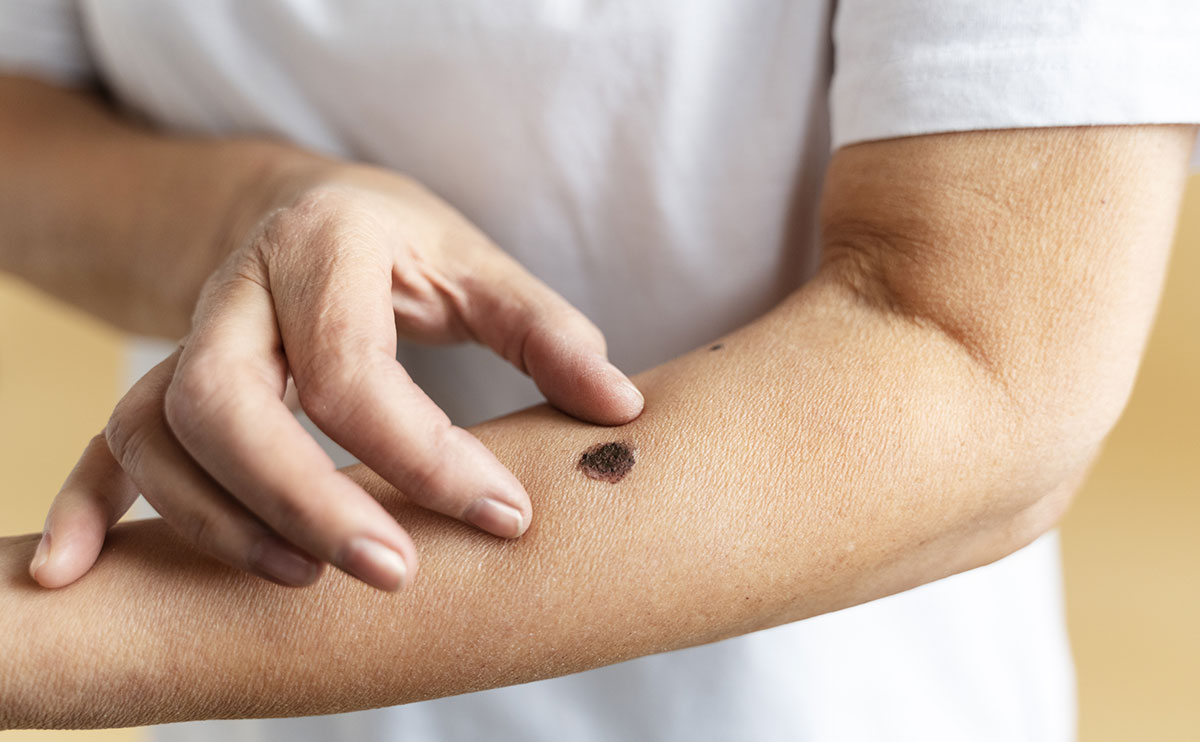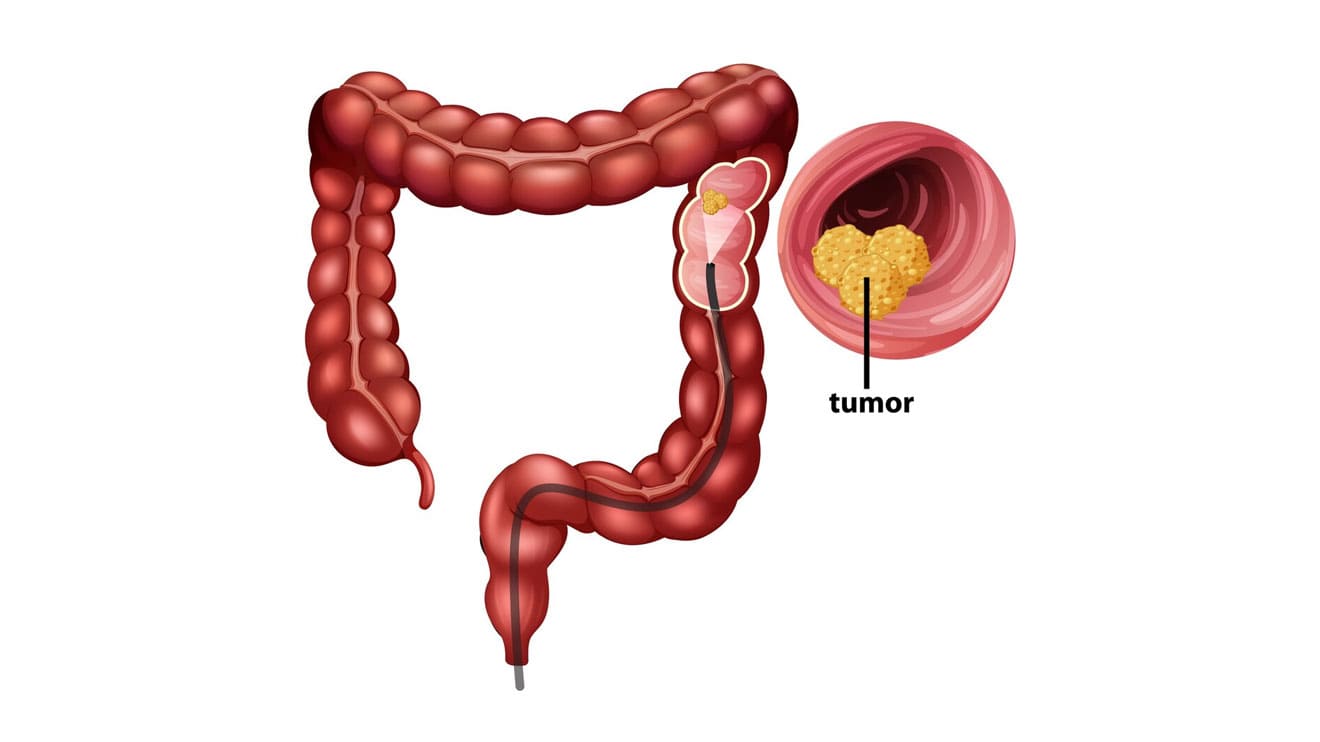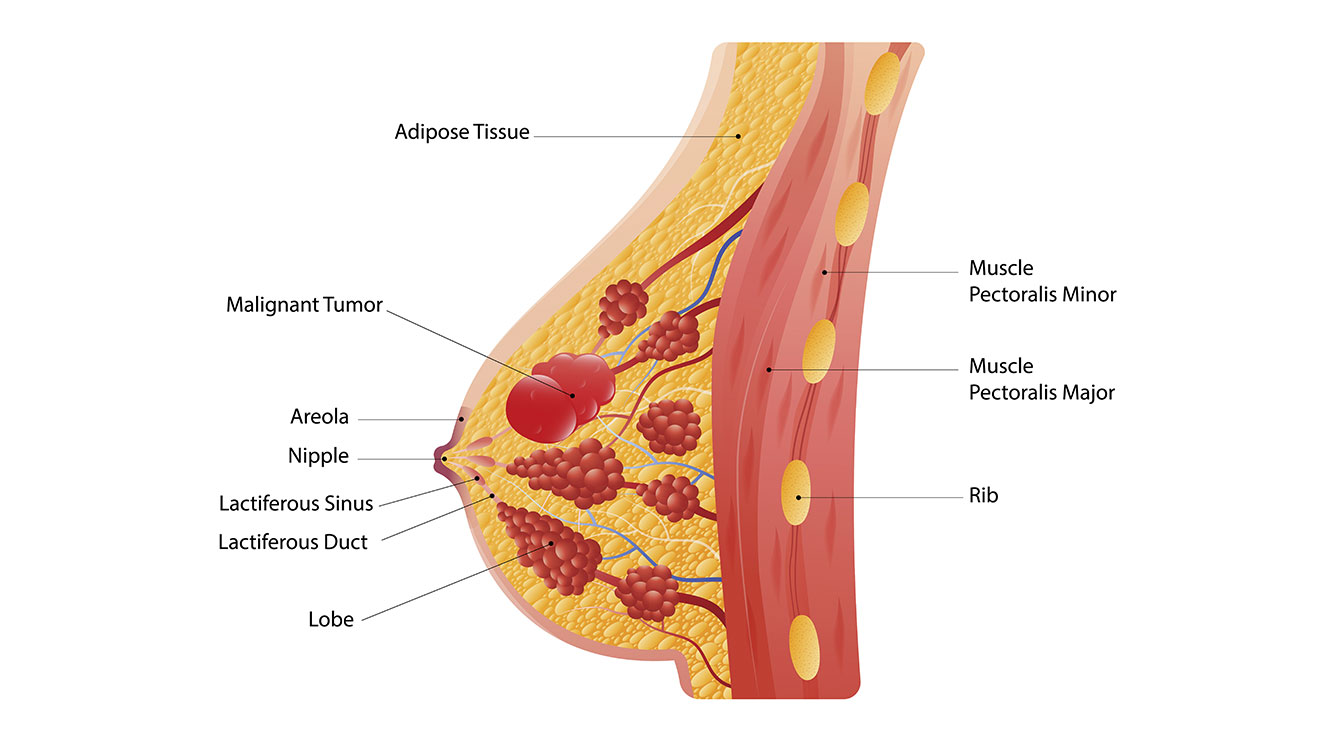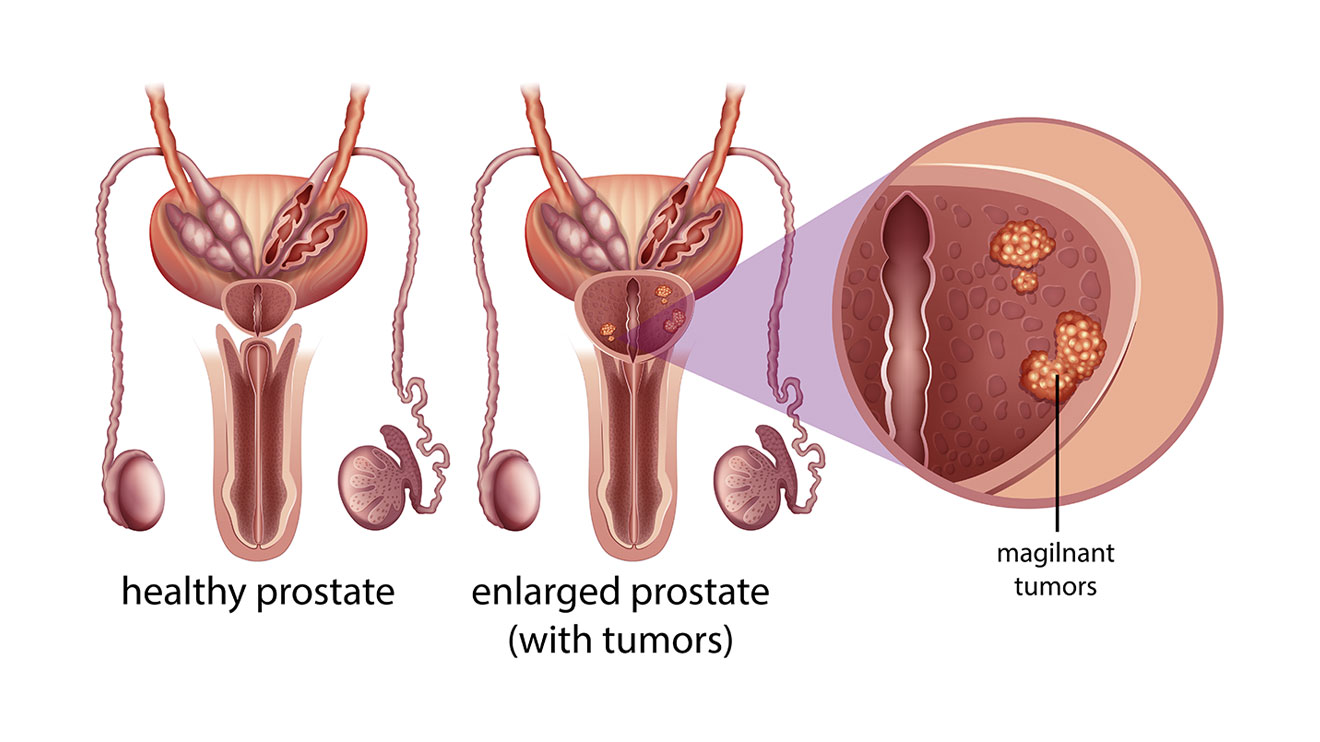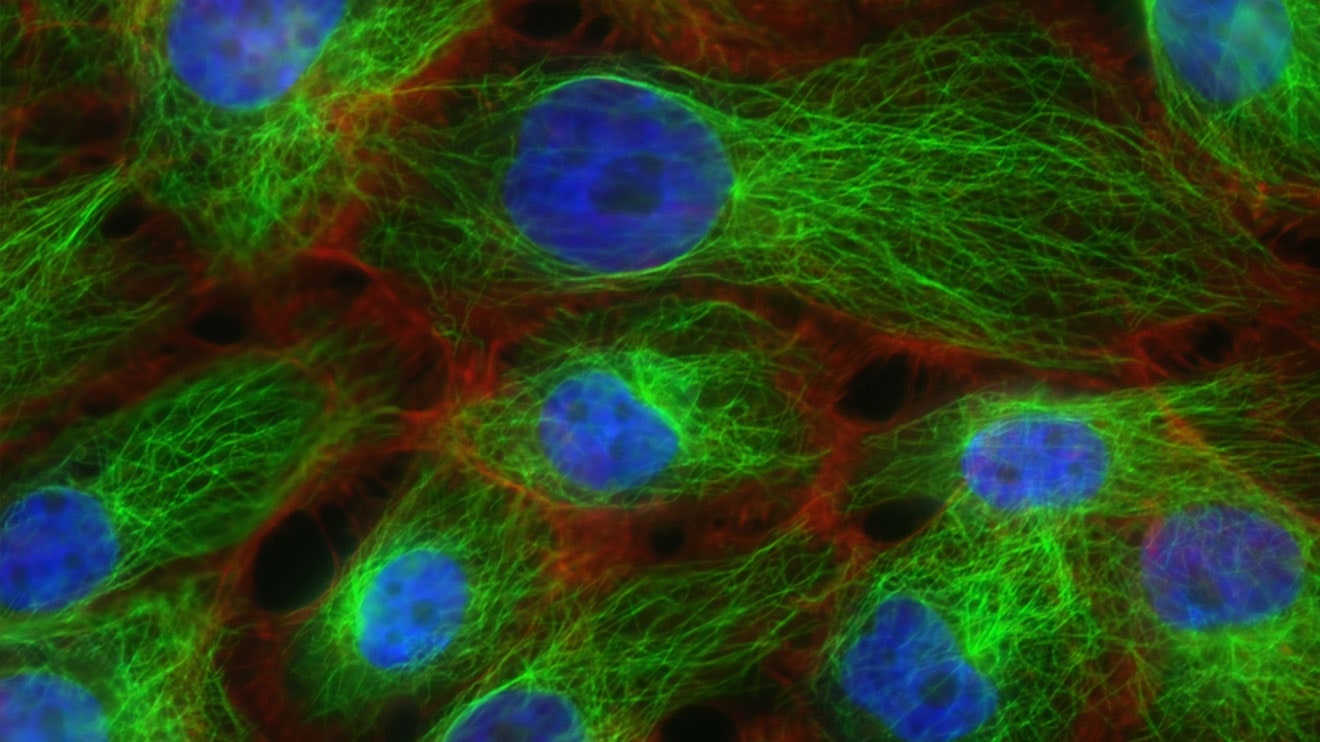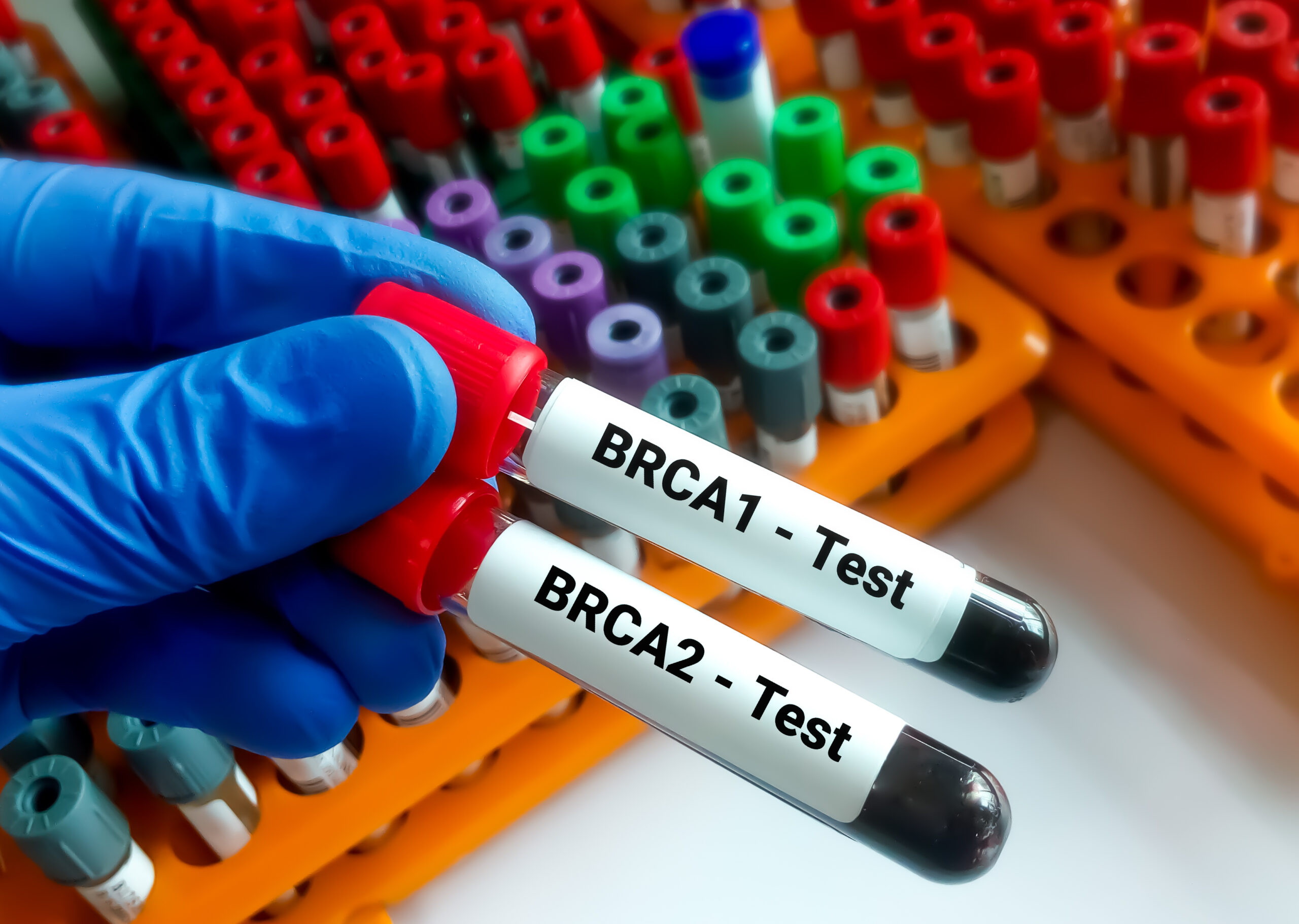Blogg

Bukspottkörtelcancer är en malign tumör som utvecklas i bukspottkörteln. Bukspottkörteln ligger bakom den nedre delen av magen.

Melanom är en form av hudcancer som börjar i melanocyterna, de celler som är ansvariga för att producera pigment. Dessa celler producerar melanin, pigmentet som ger hud, hår och ögon dess färg. Melanom är känt för sin potential att spridas eller metastasera till andra delar av kroppen, därför är tidig upptäckt och behandling avgörande.

Lynch syndrom, tidigare kallat hereditär non-polypös koloncancer (HNPCC), är ett ärftligt cancersyndrom som ökar risken för ett flertal cancerformer men framförallt tjock- och ändtarmscancer.

Eiiras genetiska profil visar om du har högre risk för ärftlig cancer baserat på genetiska tester. Vi bedömer också risk baserat på din genetiska variation samt din eventuella familjehistoria. Om vi hittar någon framträdande risk för vissa cancerformer hjälper vi dig med steg för att hantera dessa risker.

Bröstcancer är fortfarande en cancerform som påverkar många individer. Förståelsen av genetikens roll i bröstcancer, och då särskilt BRCA-generna, är avgörande för att bedöma ens egen risk. I den här artikeln går vi in på olika aspekter av BRCA-generna och deras samband med bröstcancer.

Svaret på den frågan är ja. Det är nämligen inte tillåtet enligt lagen för hälso- och sjukvården, eller Eiira Genetics för den delen, att informera dina släktingar om att även de kan vara bärare.

Prostatacancer utvecklas när onormala celler bildas och växer i prostatakörteln, så kallade tumörer. Alla tumörer kommer dock inte att utvecklas till cancer (maligna). Tvärtom är vissa tumörer godartade.

I och med att det finns olika typer av, eller syften med, ett DNA-test så finns det också flera olika svar på den frågan. Du kanske är med i en forskningsstudie, vill veta om du är biologisk far till ett barn, vill släktforska eller så vill du veta om har förhöjd risk för sjukdom eller…

Sköldkörtelcancer börjar i sköldkörtelcellerna, ett fjärilsformat organ som ligger vid nacken, strax under adamsäpplet. Sköldkörteln producerar hormoner som reglerar olika kroppsfunktioner, inklusive ämnesomsättningen.

Vid monogen nedärvning behövs enbart en mutation i en kopia av enda gen för att en person ska utveckla en sjukdom eller ett tillstånd. Dessa mutationer är ovanliga i befolkningen och varje enskild mutation hittas endast hos ungefär en handfull individer i världen.

Eiira Genetics är ett svenskt startup-bolag som grundades år 2020. Våra fyra AI-experter, är utöver genetiska experter från Karolinska Institutet, personerna bakom Eiira. Det viktigaste för Eiira är att sträva efter att göra genetiska tester tillgängliga för alla. Vårt främsta mål är att hjälpa människor att ta kontroll över sin hälsa genom att förebygga ärftliga…

BRCA1- och BRCA2-generna är så kallade tumörsuppressorgener, som ansvarar för att reparera skadat DNA och förhindra bildandet av cancerceller. Mutationer i dessa gener kan dock öka risken för att utveckla bröst-, äggstocks-, prostata- och andra cancerformer.

